It was many many years ago. Here is the song and the lyrics:
"Spring was never waiting for us, girl
It ran one step ahead As we followed in the dance
Between the parted pages and
were pressed In love's hot, fevered iron
Like a striped pair of pants
MacArthur's Park is melting in the dark
All the sweet, green icing flowing down
Someone left the cake out in the rain
I don't think that I can take it'
Cause it took so long to bake it
And I'll never have that recipe again Oh, no!
I recall the yellow cotton dress
Foaming like a wave
On the ground around your knees
The birds, like tender babies in your hands
And the old men playing checkers by the trees
MacArthur's Park is melting in the dark
All the sweet, green icing flowing down
Someone left the cake out in the rain
I don't think that I can take it' Cause it took so long to bake it
And I'll never have that recipe again Oh, no!
There will be another song for me For I will sing it
There will be another dream for me
Someone will bring itI will drink the wine while it is warm
And never let you catch me looking at the sun
And after all the loves of my life
After all the loves of my life You'll still be the one
I will take my life into my hands and I will use it
I will win the worship in their eyes and I will lose it.
I will have the things that I desire
And my passion flow like rivers through the sky
And after all the loves of my life
After all the loves of my life I'll be thinking of you
And wondering why
MacArthur's Park is melting in the dark
All the sweet, green icing flowing down
Someone left the cake out in the rain
I don't think that I can take it
Cause it took so long to bake it
And I'll never have that recipe again
Oh, no! Oh, no No, no Oh no!! "

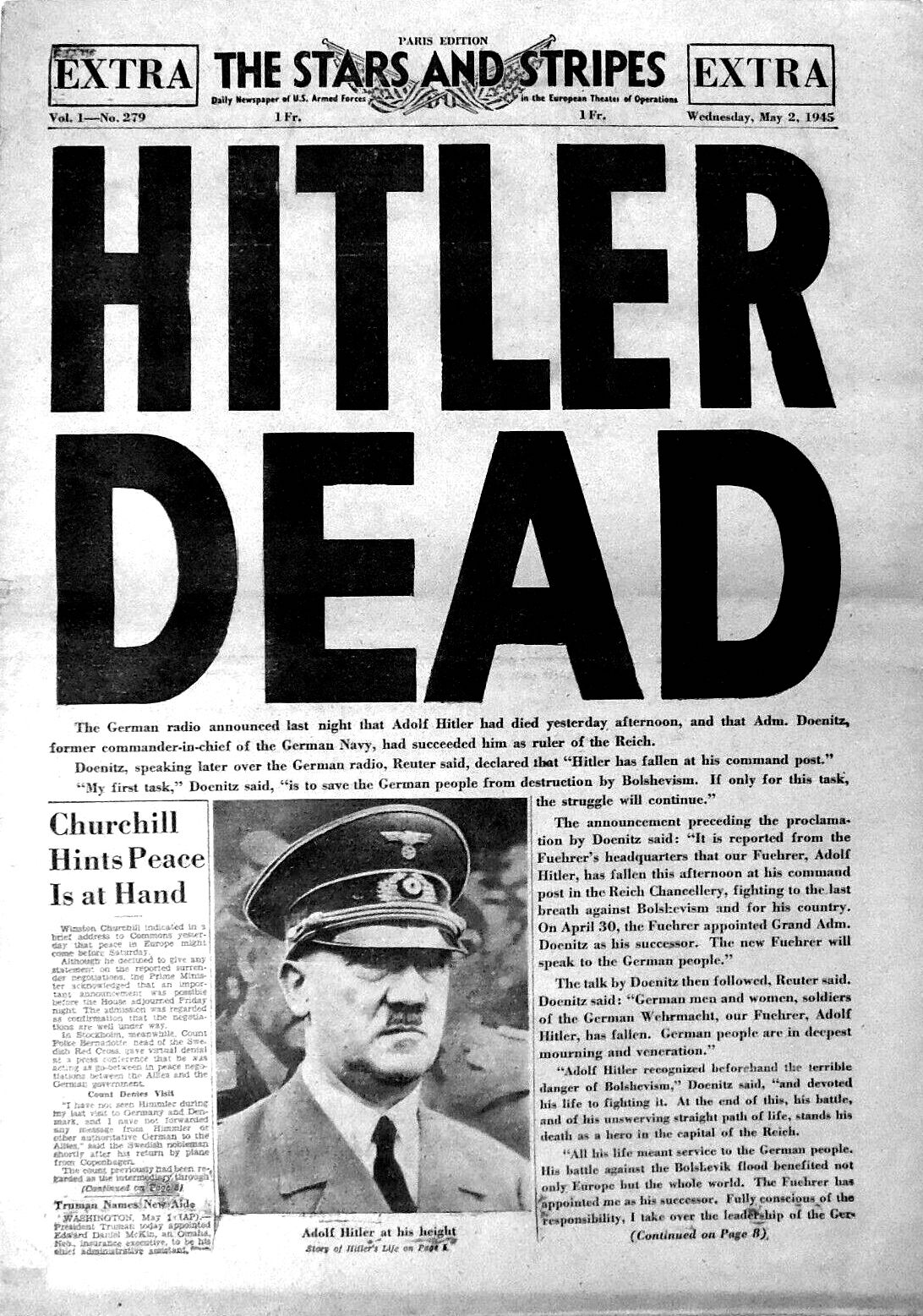
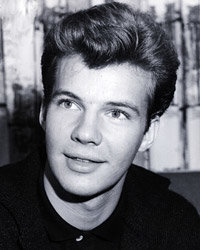
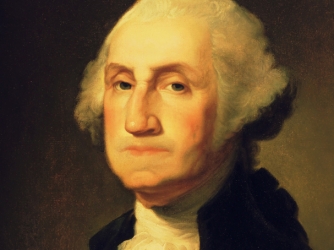





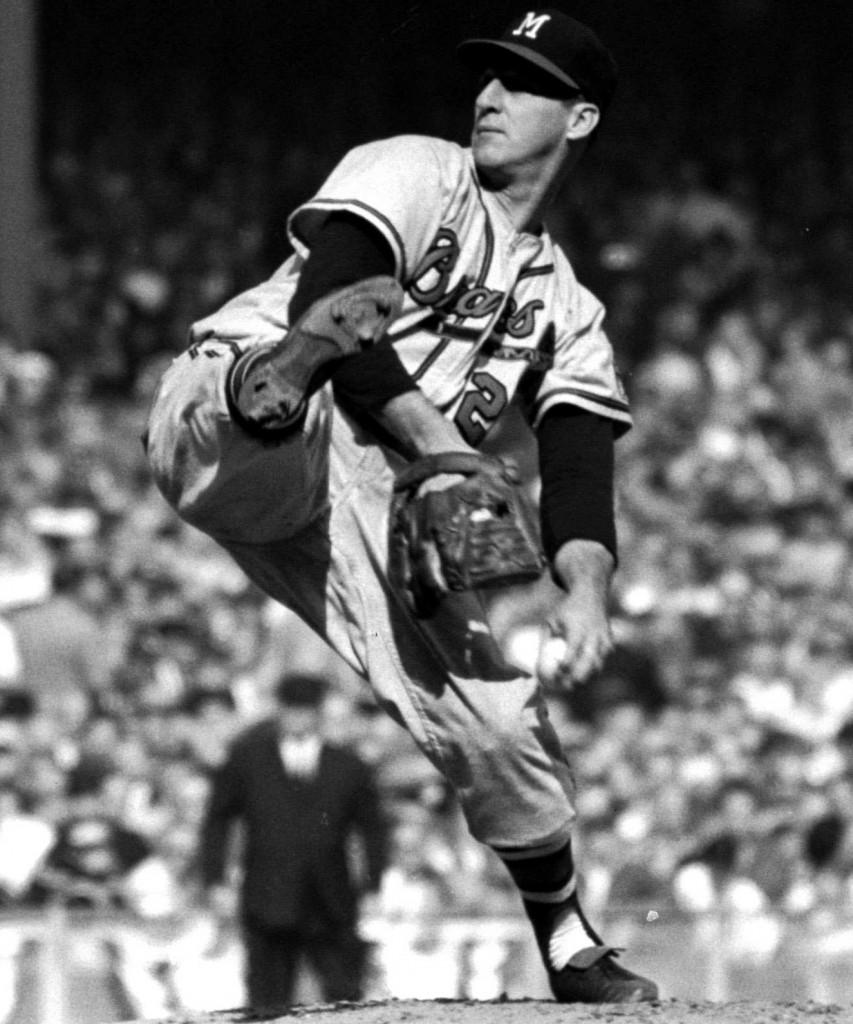
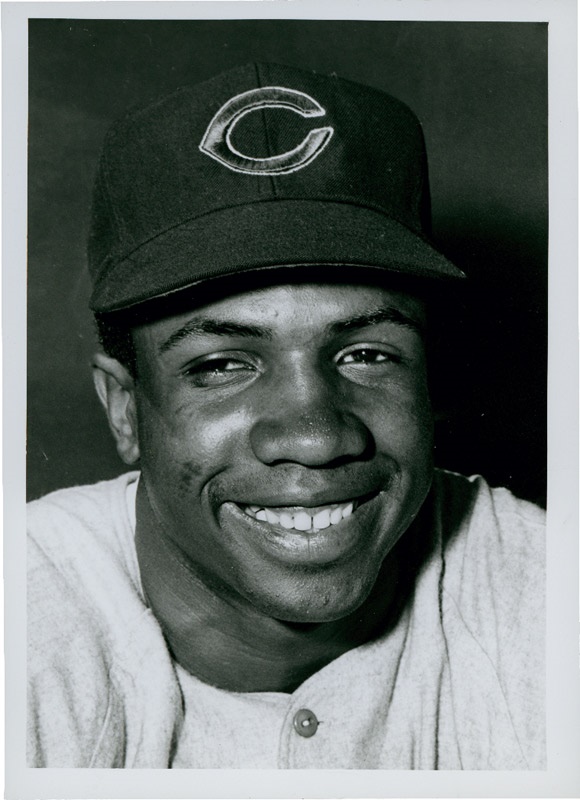
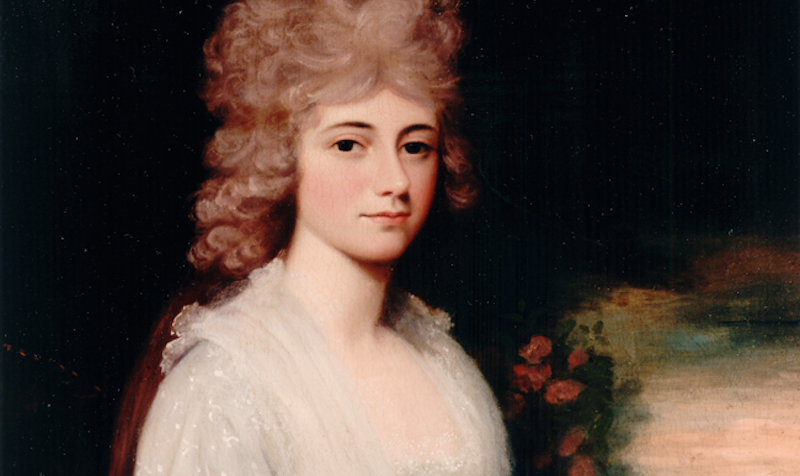


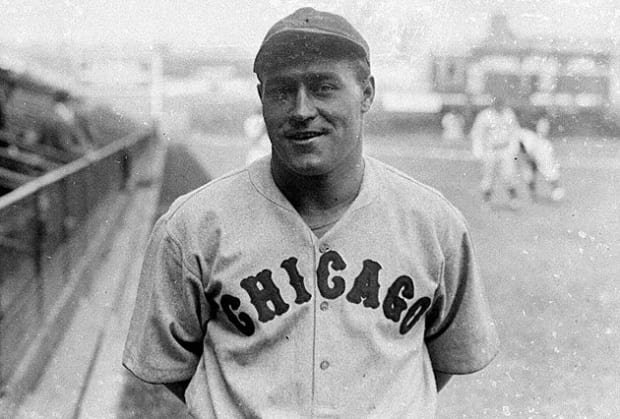






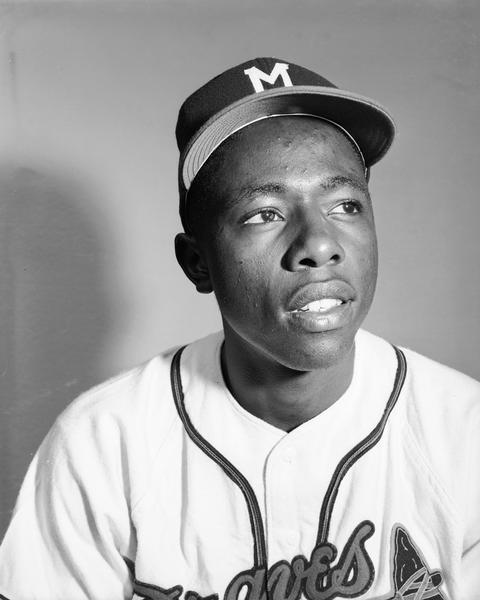


_05.jpg)


